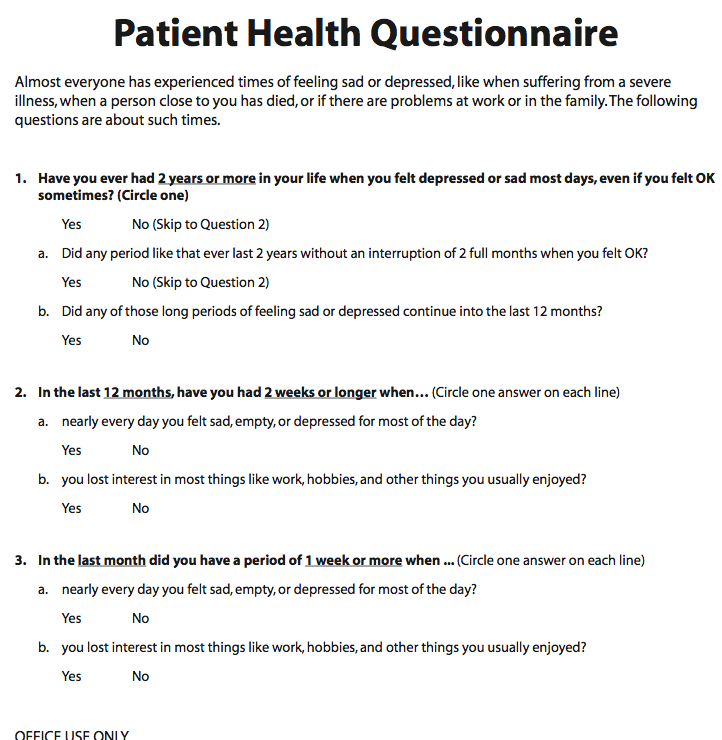
Lack of sleep can increase anxiety and worsen symptoms of social phobia.

Getting at least eight hours of sleep per night is recommended. It will give you a chance to practice your new skills through role-playing.Īt-home treatments include: Avoiding caffeineįoods such as coffee, chocolate, and soda are stimulants and may increase anxiety. Participating in group therapy with others who have the same fears may make you feel less alone. This therapy helps you learn social skills and techniques to interact with people in social settings. This type of therapy helps you gradually face social situations, rather than avoiding them.
#Social questions for adults how to#
This therapy helps you learn how to control anxiety through relaxation and breathing, and how to replace negative thoughts with positive ones. Treatment options for social anxiety disorder include: Cognitive behavioral therapy Sometimes, primary care providers may suggest medication to treat symptoms. Your healthcare provider may refer you to a mental health provider for treatment. However, others may require more than one. Some people only need one type of treatment. Treatment results differ from person to person. Several types of treatment are available for social anxiety disorder. Symptoms can occur in all social settings if you have an extreme case. For example, symptoms may only occur when you’re eating in front of people or talking to strangers. You can have limited or selective anxiety. Symptoms of social anxiety may not occur in all situations. You may avoid all social situations, including: However, when you have social phobia, you have a constant fear of being judged by others or humiliated in front of them.


needing alcohol to face a social situation.worrying that other people will notice you are stressed or nervous.worrying about embarrassing yourself in a social situation.avoiding social situations or trying to blend into the background if you must attend.worrying for days or weeks before an event.worrying intensely about social situations.Social interaction may cause the following physical symptoms:


 0 kommentar(er)
0 kommentar(er)
